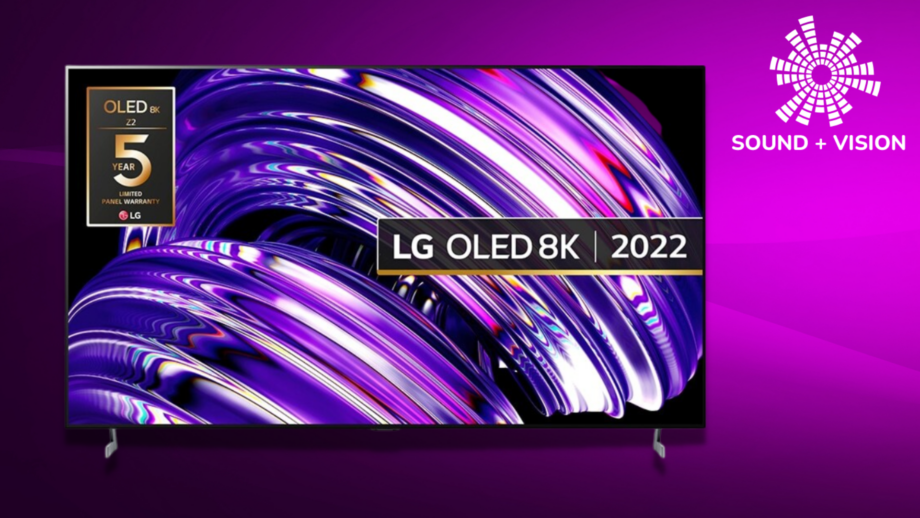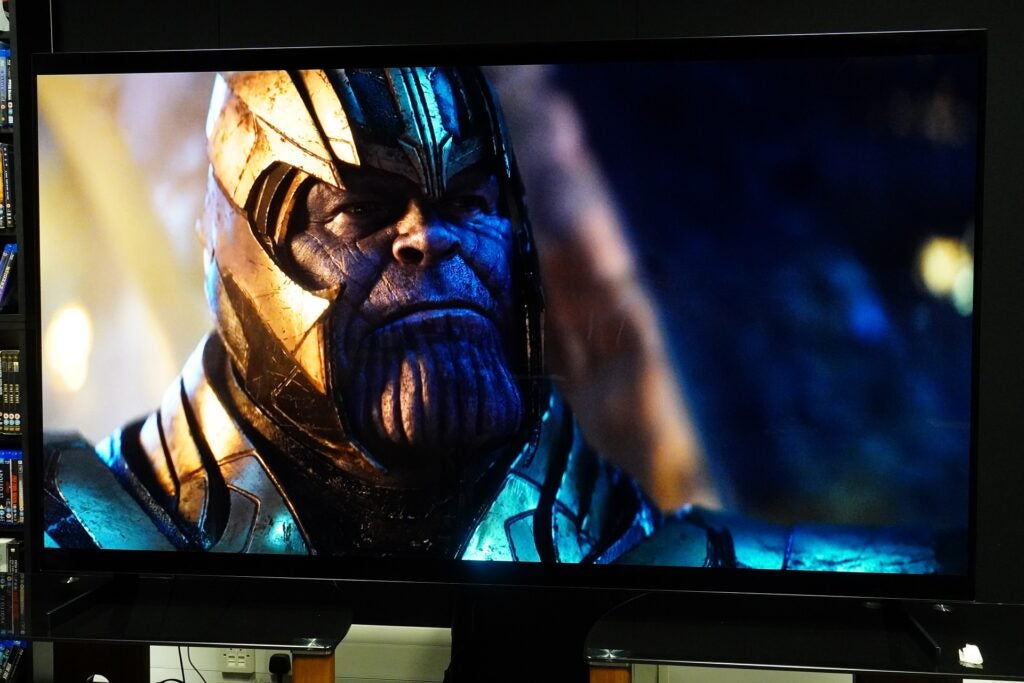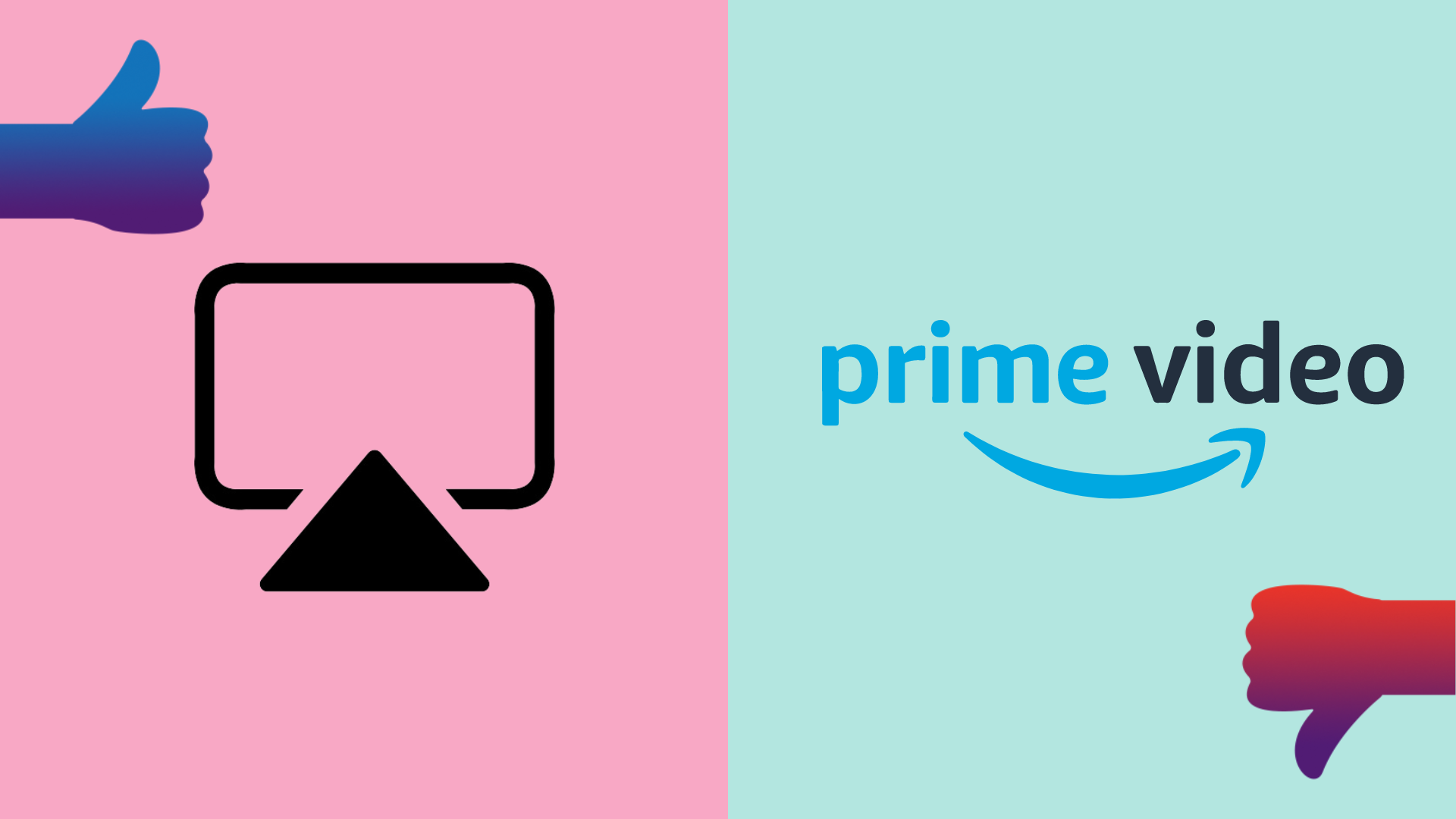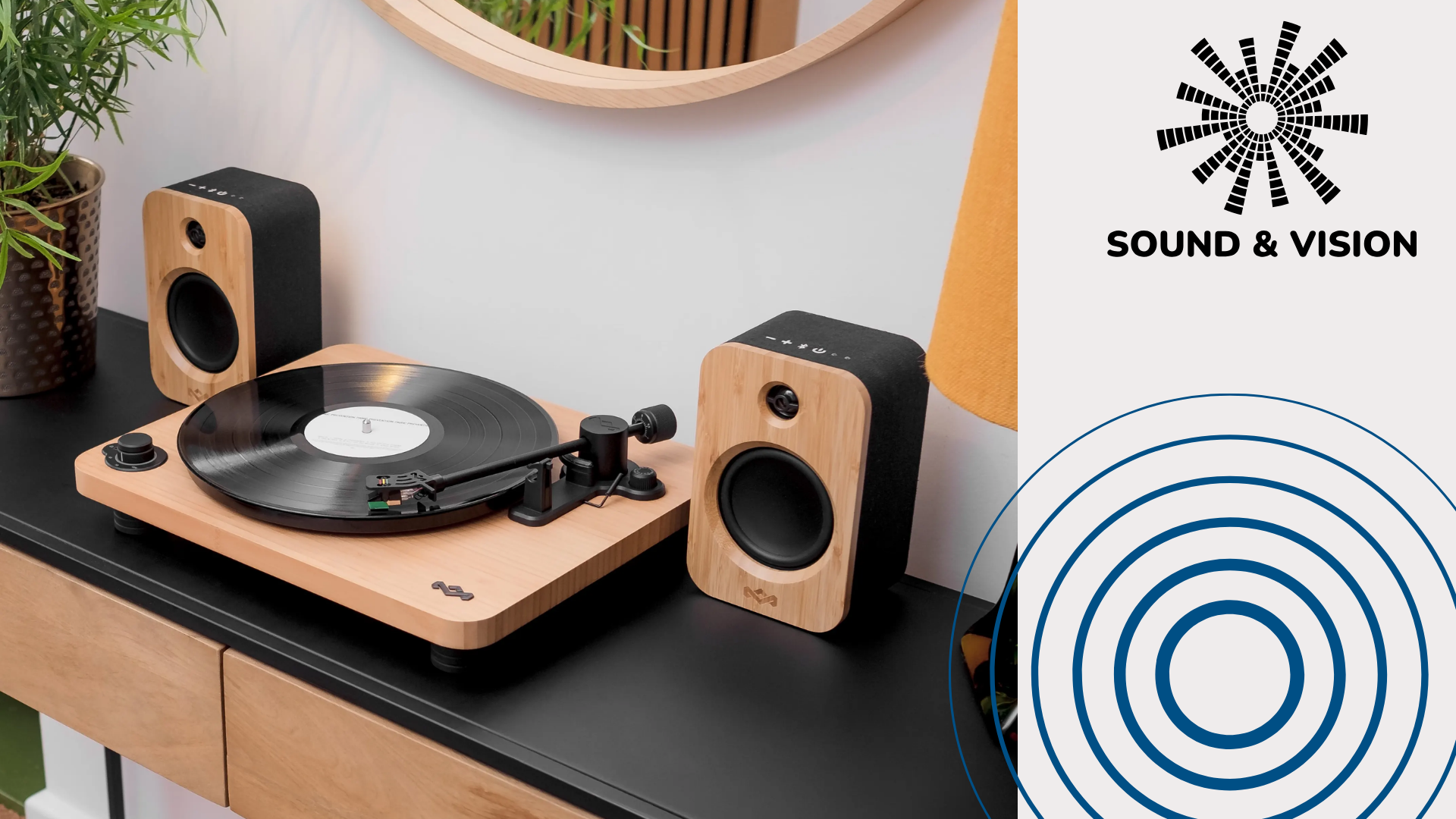Sound and Vision: 2023 might be the make or break year for 8K

So the ruling has passed, and the EU showed no signs of budging from its previous stance. The Energy Efficiency Index (EEI) coming into force March 2023 is going to make life difficult for 8K TVs and some 4K TVs, but not impossible.
There is no need for an alarmist approach (well, not just yet) but as reported by Business Korea, “Korea’s exports of 8K TVs to Europe are highly likely to be blocked” as the EU maintains their unyielding position on energy efficiency.
While we are the midst of a climate and energy crisis that’s more than enough justification to take action on curbing energy use, the potential blocking of 8K TVs being sold in Europe does seem, well, a little harsh considering that the EU is applying the same energy use metric across Full HD, 4K and 8K TVs. 8K was previously exempt from the prior energy rules enforced in 2019 and to consider those TVs as the “same” is to assume they’re achieving the same goal.
I’m sure some will say that this could lead to innovation on the energy front, but I suspect TV manufacturers will be greeting this news by grinding their collective molars some more.
It’s not yet known whether this will have any effect on the UK TV market in the wake of Brexit, but it would be strange to see imports of 8K TVs banned across Europe if that is indeed the outcome. As I wrote earlier in the year when the consequences of the EU ruling first emerged, not only would this affect any new TVs on the market, but it’d also affect any current TVs still be sold. Once they’re gone, that’s it, you won’t find TVs such as LG’s OLED Z2 and Samsung’s QN900B being restocked at retailers.
LG appears confident that it will still be able to meet the incoming standards, and while Samsung, Sony and TCL haven’t commented (as far as I can tell), I’d assume that they’ve all had thoughts on how to adhere to the new standards. The EU Commission seemingly doesn’t believe that this ruling would force 8K TVs to disappear from the market either. A newsletter on the 8K Association website suggests a few workarounds that TV manufacturers can enable, but much like the writer of that piece mentioned, you’d have to wonder if some of the solutions highlighted would not cause the EU to rethink its policies again.

I’d also be keen to see what other stakeholders feel. Samsung and the 8K Association have been pushing 8K for several years, believing the format is on a similar trajectory as 4K in terms of market saturation. But what about the companies making content in 8K, those producing 8K cameras to capture it and the production houses where content is put together? It’s great that Samsung wants to push forward on the creation of 8K content by enabling its Galaxy smartphones to shoot at the resolution, but I have no interest in watching a video I shot at the park on my TV, thank you very much.
But we’re still not much closer to watching native 8K content on displays – videos of animals and cities that are effectively slideshows on YouTube don’t count in my opinion – and while BT Sports has been making strides in bringing 8K streaming to people’s homes, the service isn’t exactly singing and dancing about each milestone. The last one earlier this year of a rugby broadcast in 8K barely made a ripple.
I feel as if I’m repeating many of the same points I’ve made in previous years, which shows how slow the progress of 8K has been. Each year I wonder whether this will be the year that 8K makes it, and each year is a relatively underwhelming one. It appears as if OLED technology is stealing much of the limelight as it becomes more affordable, leaving 8K as not even a secondary or perhaps even a tertiary thought among people looking to buy a new TV. It’s still expensive, there is very little content, and I sense enthusiasm is waning a little.
So here we are again. Another year approaches on the same 8K merry go-round except it’s spinning much slower than it did before. As the EU ruling affects some 4K TVs too, it’ll be interesting to see whether brands address the situation at CES. Lots of people have written about 8K’s lack of propulsion in the market over the past few years, but 2023 does feel like a year where it could be make or break for the technology going forwards.








